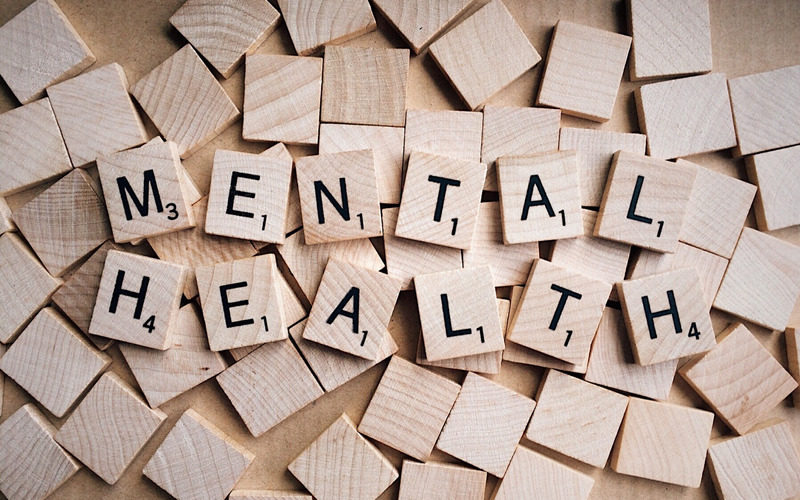Blog
Anxiety Disorders
- April 17, 2019
- Posted by: Rachel Quattrin
- Category: Mental Health Teen Tween

We’ve all had that feeling — the feeling of being overly worried about something approaching. Our breath quickens and our heart begins to beat a million miles an hour. Whether you have a big test next period or you’re the lead in a school play, everyone experiences anxiety regarding different things. When you have an anxiety disorder, your mind elevates this level of fear. Anxious thoughts and feelings are normally triggered by stressors that bring on this negative sensation. You might feel your chest tighten as your entire body tenses, and it is not until after the attack that you realize your reaction was simply a defense to keep you safe. Sometimes a panic attack can occur when you’re caught in a big crowd or when you’re separated from someone you love, but it can also be entirely random — as sudden as a light being switched on.
So what is anxiety? As your mind races, what causes these symptoms and what exactly do they mean? Anxiety is when feelings of intense fear or distress become overwhelming and prevent us from accomplishing everyday activities. There are many varying types of anxiety disorders, and although it is never good to self-diagnose, understanding how they differ can be helpful when considering appropriate treatment. For example, generalized anxiety is diagnosed when a person has dealt with persistent worries and fears over a period of six months or more, where the days filled with worry outweigh those without. This can lead to other anxieties such as panic attacks, phobias, and social anxiety.
The most common type of anxiety is known as general anxiety disorder (GAD), which involves an exaggerated worry about everyday life. This worrying can consume hours each day and make it hard to concentrate, cause fatigue, and facilitate nervous habits. According to the National Institute of Mental Health, 2.7% of the world’s population are affected by this type of anxiety, including actress Emma Stone. In October 2018, Emma Stone opened up about her struggles with anxiety during an interview with the Child Mind Institute. Stone described her experience by saying, “I was at a friend’s house, and all of a sudden I was absolutely convinced the house was on fire and it was burning down. I was just sitting in her bedroom and obviously the house wasn’t on fire, but there was nothing in me that didn’t think we were going to die.” At the age of seven, she was diagnosed with GAD and panic disorder by her therapist and has since been living with and managing her conditions. Emma Stone said that to this day, her panic attacks still occur but some of her coping mechanisms include seeing her therapist, meditating, and avoiding isolating herself. Emma Stone’s experience shows that anxiety can affect anyone and that it is healthy and necessary to seek treatment.
Obsessive Compulsive Disorder (OCD) is another common type of anxiety that affects people of all ages. There are many assumptions and misconceptions surrounding obsessive compulsive disorder, but overall, OCD symptoms stem from the excessive worry that doing something once was not enough. Patients diagnosed with OCD will often compulsively repeat actions such as handwashing, checking if a door is closed, or turning off the stove. They know that these actions are unwarranted but feel an extreme urge to perform them in order to relieve their anxieties about a certain concern. Being called “OCD” simply because you organize your papers a certain way or because you keep your car extremely clean does not grant justice to those who actually suffer from it. This is why it is necessary to educate ourselves and our peers.
That being said, we do not advise anyone to self-diagnose, but we do encourage readers to expand their understanding about the effects of each of these illnesses. We encourage you to empower yourself by acknowledging your symptoms and reaching out to a doctor with any concerns. These conditions are not anything to be ashamed of, and getting the help that you need, whether it is medication or someone new to talk to, will make a happier and healthier you. A healthy and happy you is what is most important.
Visit http://healthyyoungnv.org/teen-category/depression/ to learn more and to find resources near you.
This post was written for Healthy Young NV by Youth Advisory Council Members, Maizel and Alyssa.
Resources:
https://www.nimh.nih.gov/health/topics/anxiety-disorders/index.shtml
https://childmind.org/live/emma-stone/
